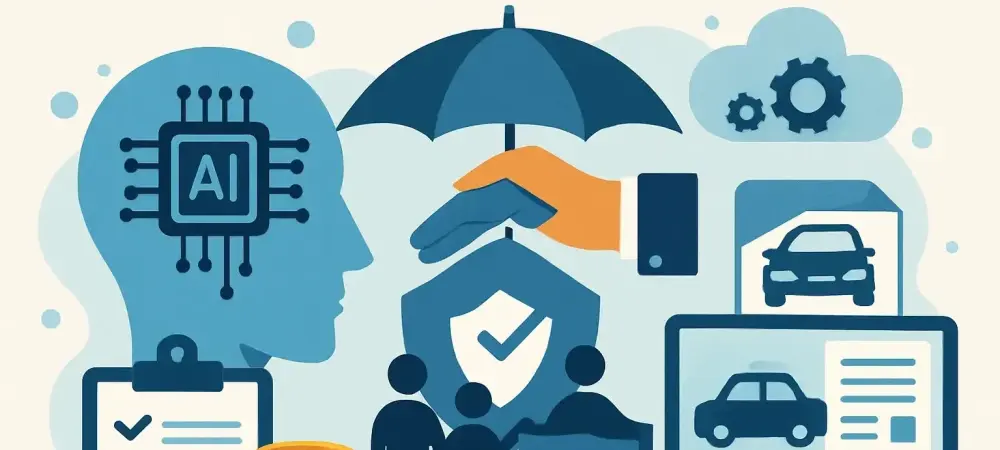In a dynamic insurance industry shaped by rapid technological advancements, artificial intelligence (AI) is emerging as a significant disruptor, particularly in claims processing and underwriting. As insurers strive to stay competitive, the successful integration of AI could redefine industry norms, fostering enhanced efficiencies and superior customer experiences. This analysis delves into the transformative potential of AI, offering a comprehensive look at current market trends, insights, and forecasts for the insurance sector.
Contextualizing The AI Wave in Insurance
Over the past several decades, the insurance industry has witnessed a gradual shift toward digital evolution. Initially marked by simple data processing improvements and the advent of predictive analytics, these changes paved the way for AI to make its mark. Understanding this historical context is crucial to appreciate AI’s current and future impact, as it addresses inefficiencies inherent in human-led processes and capitalizes on the precision offered by technology.
AI-Driven Innovations: Changing the Game in Claims Processing
Data Mastery and Process Automation
At the forefront of AI’s influence is its capacity to transform data handling within claims processing. Traditionally, this aspect of insurance demanded significant human resources and time, often susceptible to errors. AI, with its prowess in managing extensive datasets, can automate previously labor-intensive processes, drastically reducing settlement periods and boosting accuracy. Case studies have showcased AI’s effectiveness in fraud detection, underscoring its dual role in process improvement and security enhancement.
Enhancing the Customer Journey
The integration of AI also facilitates a more personalized approach to customer service. Insurers increasingly leverage AI tools to tailor interactions, thereby boosting client satisfaction and loyalty. Nonetheless, the industry faces the challenge of balancing automation with personalized human interactions. The opportunity lies in adopting strategies that enhance operational efficiency while maintaining empathy in customer dealings.
Regional Considerations and Deployment Challenges
The adoption of AI across global markets presents varying degrees of integration, with economic, regulatory, and technological factors influencing progress. While AI competes with other innovative technologies like blockchain, deploying such solutions introduces complexities that must be carefully navigated. Agile methodologies are often recommended for technology adaptation, providing a framework that emphasizes progressive enhancement rather than seeking immediate solutions.
Future Horizons: Trends and Predictions
As AI technologies continue their upward trajectory, the insurance industry anticipates further refinements in underwriting processes through advanced machine learning and deep learning techniques. Regulatory circumstances may evolve, aiming to solve ethical dilemmas surrounding data privacy and algorithmic impartiality. Industry leaders foresee AI playing a central role in shaping a more competitive landscape, prompting insurers to continually innovate to leverage AI’s benefits fully.
Strategic Recommendations for Insurers
AI’s transformative potential extends beyond operational efficiency, presenting itself as a vital strategic asset for insurance companies. Insurers are encouraged to incorporate AI through best practices that include robust model management and vigilant system monitoring. Investing in AI education among employees and cultivating partnerships with tech firms are practical strategies that can facilitate effective AI deployment, enabling insurers to harness its full potential.
Final Reflections on AI’s Impact
The revolution driven by AI in insurance claims and underwriting has already marked a significant shift in how these operations are conducted. As the industry continues to evolve, the long-term success of AI initiatives hinges on viewing AI not just as a quick solution but as a comprehensive investment. Those insurers that embrace AI as a strategic priority lead initiatives to redefine the services offered to consumers globally. This technological evolution significantly sets new standards for innovative, reliable, and customer-centric practices in the insurance sector.

